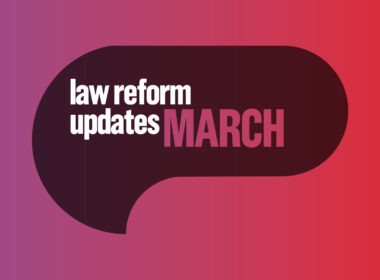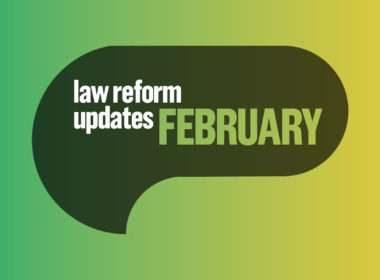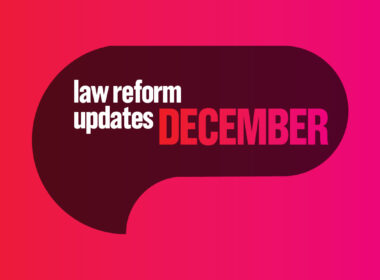Key developments
- 2023 NSW State Election
- Family Law Amendment Bill 2023
- Australian Law Reform Commission Consultation Paper – religious educational institutions and anti-discrimination laws
- ATO consultation – PCG 2018/4 (Liability of a legal personal representative of a deceased person)
- Access to offenders’ superannuation for victims and survivors of sexual abuse
- Current and proposed sexual consent laws in Australia
- Climate-related financial disclosure
- NSW Law Reform Commission Review of serious road crime
- NSW Sentencing Council Review of sentencing for firearms, knives and other weapons offences
- Public Interest Disclosure Amendment (Review) Bill 2022
- Federal Judicial Commission – Discussion Paper
- Technology assisted voting review
- Statutory review of the Payment Times Reporting Act 2020
- Special flood considerations clause EIE
2023 NSW State Election
The Law Society launched its NSW State Election Platform in December last year. The Caretaker Period commenced on Friday 3 March.
We received responses from the two major parties, the Greens and independent MP Alex Greenwich. These have been published on the Law Society’s website. We conducted a media campaign as the election approached, including a joint media release with the Bar Association regarding the implementation of the criminal justice recommendations of the Ice Inquiry, a release calling for additional infrastructure funding to bring courts into the 21st century, and releases regarding additional funding for the Aboriginal Legal Service and homelessness services.
Family Law Amendment Bill 2023
The Family Law, Indigenous Issues, Children’s Legal Issues and Privacy and Data Law Committees contributed to a Law Council submission providing feedback on an Exposure Draft Family Law Amendment Bill 2023 (‘Bill’), which proposes a significant change in approach to determining parenting arrangements. This includes winding back the existing presumption of shared parental responsibility and the requirement to consider children spending equal time with each parent, in favour of a broader judicial discretion to consider the best interests of children. We broadly supported this approach, but suggested that many considerations relevant to making parenting orders should be retained, at least as legislative notes, lest they be overlooked entirely.
We also broadly supported proposals that aim to protect vulnerable parties, including new costs implications for non-compliance with parenting orders, limits on the ability to make repeated parenting applications, and new ‘harmful proceedings orders’ to curb the use of repeated and vexatious litigation.




